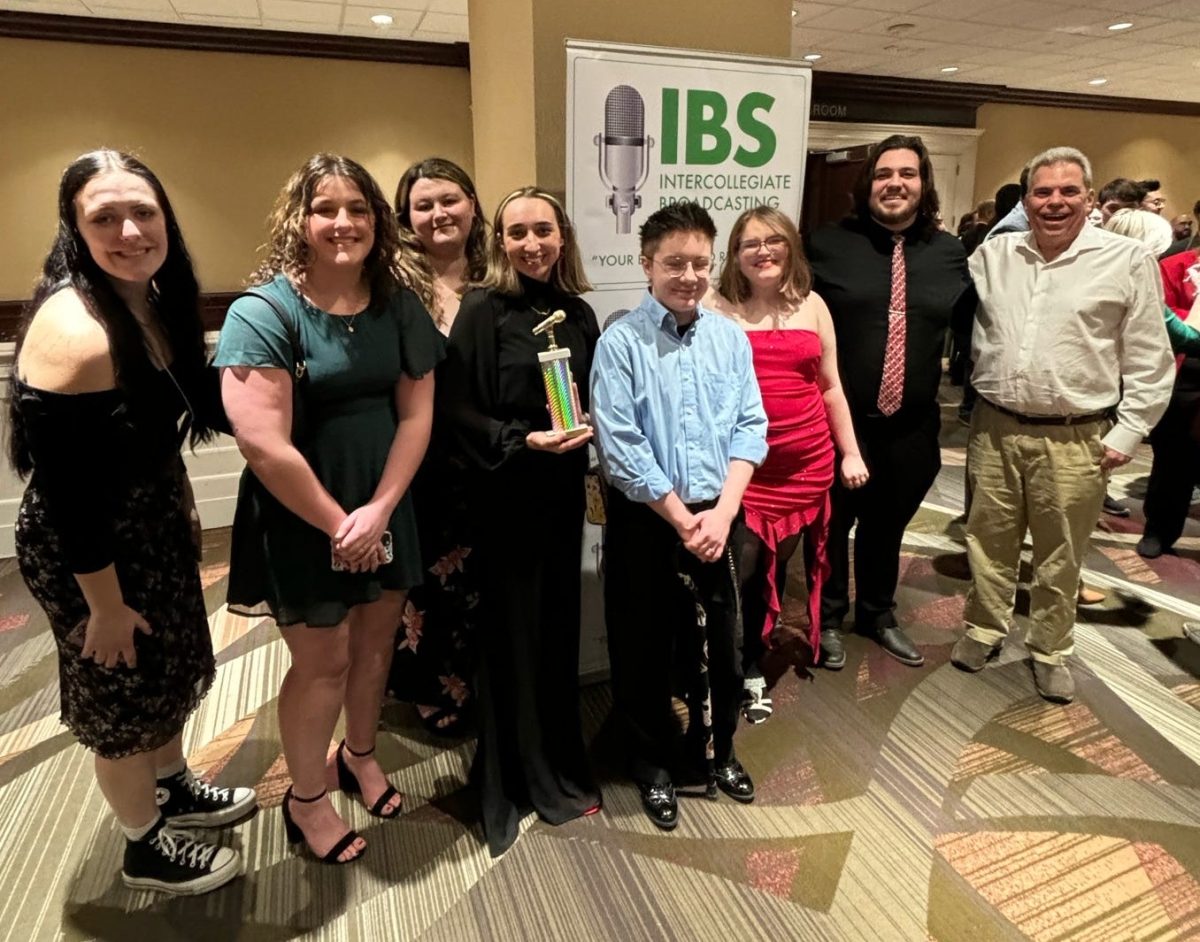The announcement came March 13 that Gannon University would be switching to remote education for the rest of the semester. Some students were still expected to remain on campus for their majors, primarily nursing majors.
The school’s nursing students were still to attend clinicals. This changed, though, when students received an email March 17 that said that clinicals would be completed online for the rest of the semester.
While clinicals were still taking place the few days between emails, students were offered the chance to complete clinicals online.
Some students, like Julia Tush, a sophomore nursing student, began considering this option, even though it seemed like it might hurt their education. She said she, like many other students, were considering the online option to limit exposure to their patients.
As COVID-19 continued to spread across the country and preparations continued for the virus’ arrival, it became clear that it was time to change the clinical program and switch it to remote instruction.
“Obviously our education is extremely important, but when you’re training to be in a field where the main priority is to do whatever you can to help your patient and keep them safe, you need to weigh the positives and negatives,” Tush said. “This is a virus that so much is still unknown about, and the fact that it turned into a pandemic, it was obvious that there was no controlling it before it got way worse. So, it was better to be safe and not expose our patients at all.”
The online clinicals began Friday for the students to get a head start, Tush said.
The program is housed on a website that the students have used in the past, but they are using a different part of the website than what they have used in the past. In this part of the website, the students watch a video of a nurse and various health care personnel treating a patient. Students are then given options on how to proceed, and if their choice is wrong, they are corrected.
Shannon Scully, an instructor in the Villa Maria School of Nursing, said that she is happy with the route Gannon took to handle this.
“While we can’t bring the students the physical touch of patients and skills through this platform, they can be involved in scenarios that change as they make decisions as the primary nurse,” she said.
“It truly allows them to see how their decisions can change the outcomes for the patient. What better place to do this than in the safety of virtual learning? I truly believe we have to look at the positive of this situation.”
Once this is complete, the students are tasked to create an in-depth care plan that includes health background, medications and the treatment plan, Scully said. In conjunction with the simulations, they have a few other assignments to complete along with some discussion posts.
Stephanie Rimer, a junior nursing major, said it was very similar to case studies they had done in the past.
“It’s just case studies with care plans,” she said.
Students are still completing assignments on their own despite the different format. Considering circumstances, faculty is still working to give the students the same skills they would get if they were still seeing patients in a traditional, physical setting, Tush said.
“It’s a big emphasis on doing it on your own because you would be on your own with a patient in clinical, for most of the time anyways,” she said.
That does not mean that students aren’t having a hard time adjusting, especially now that it’s halfway through the semester, even though they understand the university’s choices. They have a variety of deadlines to keep track of and a new style of instruction to adapt to.
“I hate it,” Rimer said. “I wish we had clinical, but I understand why we don’t.”
Many students are saying the same and agreeing at the struggle, Tush said, building off what Rimer said.
“It’s disappointing to not be interacting with real patients, but I understand the importance of safety,” Tush said. “All of my professors have been extremely helpful in answering any and all of my questions and being there for all of us.”
Scully said she agrees with her students’ feelings.
“It is not ideal and it is not what any of us signed up for, but together we can still obtain the knowledge and skills to help prepare future nurses,” she said.
ALEXA ROGERS
[email protected]






